People

Sean C. Bendall, PhD
Assistant Professor, Pathology, Stanford University
Postdoctoral Fellowship, Stanford University
Ph.D., University of Western Ontario
B.Sc., University of Victoria
bendall AT stanford.edu
Our goal is to understand the mechanisms regulating the development of human systems (both embryonic and adult). In particular, we are interested in clarifying the roles of both protein coding genes as well as pathobiology (disease state or pathogen) known to be uniquely human – therefore, not analogously studied in model organisms. Drawing on both pluripotent stem cell biology, hematopoiesis, and immunology, combined with novel high-content single-cell analysis (CyTOF Mass Cytometry) and imaging (MIBI Multiplexed Ion Beam Imaging) we are creating templates of 'normal' human cellular behavior. Using these we can decipher the roles of protein regulators on cellular specification as well as the influence of human-specific pathobiology on system remodeling at the single cell level. This work will enable a better understanding of how disease corrupts this process. Ultimately, our objective will be to use such approaches to not only reveal how novel regulators function in the context of complex cellular systems, but also enable the mechanistic characterization of human pathobiology in primary human tissues. In doing so we will understand how changes in related physiological or pathological systems can be more readily recognized and controlled.
In addition to the lab's work on human hematopoiesis and pluripotent stem cell specification we are seeking collaborative partnerships surrounding problems in human immunology as well as in regenerative medicine, including efforts to exploit next generation single-cell analysis and new computational methods to create systems level models of these processes so that they may be better understood and directed.
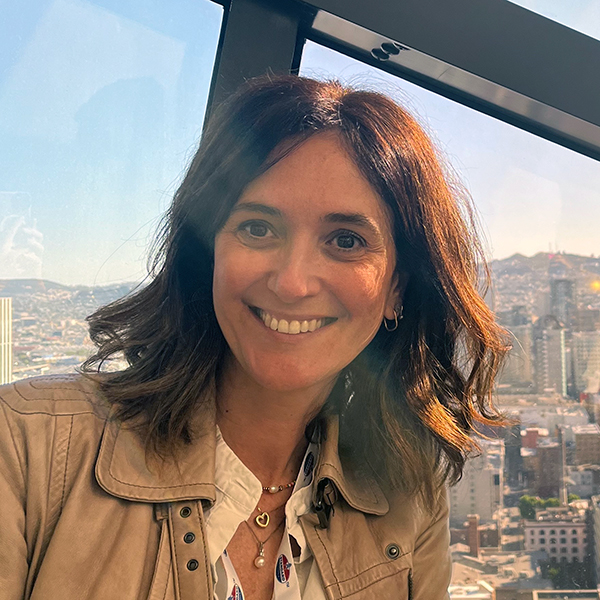
Patricia Favaro, PhD
Senior Research Scientist
Postdoctoral fellowship, Children's Hospital of Philadelphia
Ph.D., University of Campinas, Brazil
MS, University of Sao Paulo, Brazil
favaropb AT stanford.edu
I am the lead researcher on projects involving in vitro human hematopoietic and immunological cells in our group. Our approach integrates stem cell biology, hematopoiesis, and immunology, and involves the use of cutting-edge high-content single-cell analytical techniques such as CyTOF and MIBI. Through this, we generate models of 'normal' human cellular behavior. I lead the Organ-Specific Project of the Bone Marrow Tissue Mapping Center (TMC) for HuBMAP (Human BioMolecular Atlas Program), where my responsibilities entail ensuring the timely acquisition and analysis of tissues from each sample collection segment. Our goal is to generate high-resolution, multidimensional tissue map of healthy bone marrow across race, age and gender.
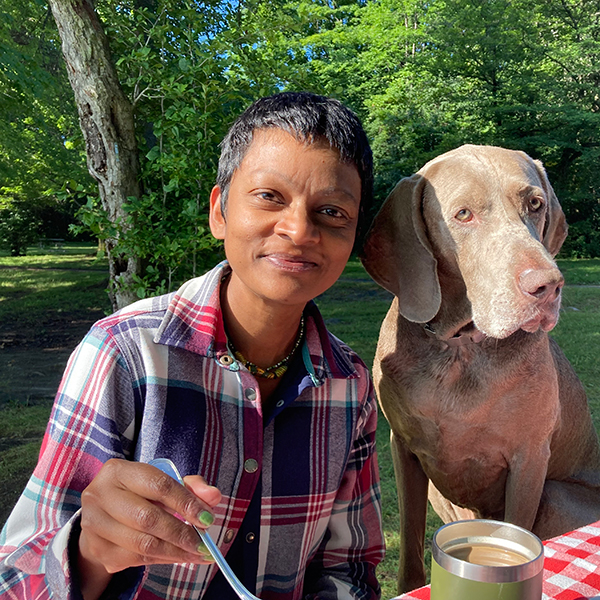
Kausalia Vijayaragavan, PhD
Staff Scientist Life Science Research Professional III
Edinburgh University, Scotland
Université Laval, Canada
McMaster University, Canada
CNIC, Spain
Inbiomed, Spain
Stanford University, USA
kausalia AT stanford.edu
Electrophysiology, Human Pluripotent Stem Cells, Embryonic Blood Development, Immune Cells, Embryonic Neural Development.
A significant part of my research involves using high-content single-cell analysis techniques, such as CyTOF and MIBI-TOF. These methods allow us to examine individual cells in great detail, providing insights into how different cell types, function and change in various conditions. This is particularly important for identifying the cellular and molecular characteristics of both healthy and diseased states in the nervous system. Most importantly, MIBI-TOF’s advanced microscopic capacity allows me to visualize and pinpoint exactly where in the diseased autopsy brain or spinal cord tissue the disease cells are located. By distinguishing between healthy and diseased cells in the nervous system, MIBI-TOF helps us understand how neurons and immune cells interact with their environment and contribute to the progression of neurodegenerative conditions. Through this approach, we can gain deeper insights into the pathology of diseases like AD and ALS, and work towards more accurate diagnosis and treatment options.

Davide G. Franchina, PhD
Postdoctoral fellow, Bendall laboratory
EMBO Fellow
Ph.D., University of Luxembourg/Luxembourg Institute of Health, Luxembourg
M.Sc., University of Milano, Milan, Italy
B.Sc., University of Milano-Bicocca, Milan, Italy
dgf AT stanford.edu
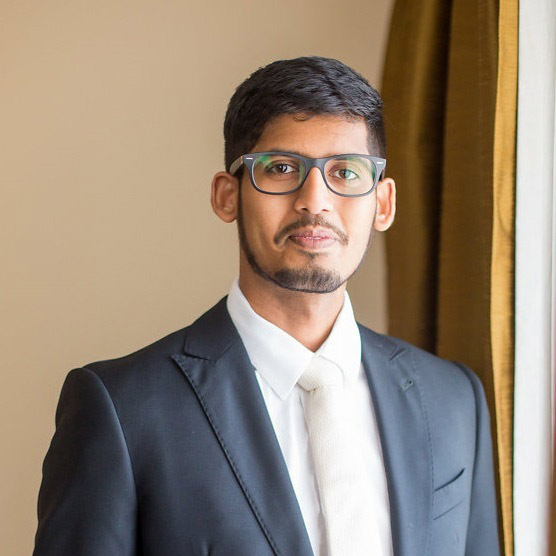
Hadeesha Piyadasa, PhD
CIHR Postdoctoral Fellow
Ph.D., University of Manitoba, Department of Immunology
B.Sc., University of Manitoba, Department of Biochemistry
piyadasa AT stanford.edu
Developing a multiomic glial tumor atlas
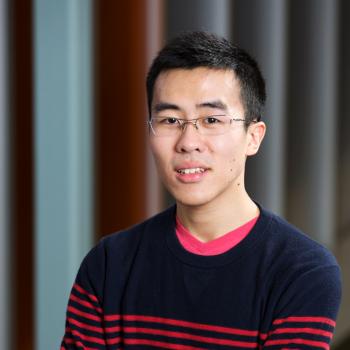
Avery Lam, PhD
Postdoctoral fellow, Bendall laboratory
Ph.D., University of British Columbia, Experimental Medicine, Immunology
B.Arts Sc, McMaster University, Arts & Science and Biochemistry
averylam AT stanford.edu

Jake Dressmann
Postdoctoral Fellow
B.S in Biology at Campbell university
PhD in biological sciences at Medical University of South Carolina
jwd95 AT stanford.edu
I'm interested in using imaging mass spectrometry to develop multi-omic single cell analytical platforms for both research and clinical applications.

Rory A. Hills, PhD
Postdoctoral Fellow
DPhil, University of Oxford
BSc (Hons), University of Victoria
roryalex AT stanford.edu
I am interested in the application of synthetic biology and protein engineering approaches to single-cell analysis in order to better understand the human immune system.
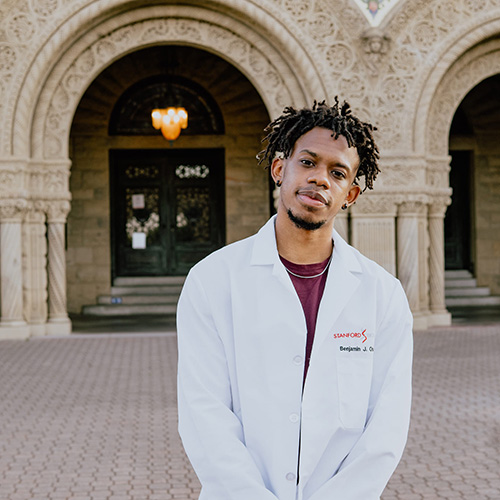
Benjamin Oberlton
PhD Candidate, Immunology, Stanford University
NSF Graduate Research Fellowship Program (GRFP)
Gates Millenium Scholar
B.S. Biological Engineering, Massachusetts Institute of Technology
boberlto AT stanford.edu
I'm intereseted in using Mulltiplexed Ion Beam Imaging (MIBI) to better understand the glioblastoma (GBM) tumor immune landscape and potential points of failure for immunotherapy in GBM.

Bryan Cannon
PhD Candidate, Computational and Systems Immunology, Stanford University
M.S. Molecular & Integrative Physiology, University of Michigan
B.S. Neuroscience, University of Michigan
bryjc AT stanford.edu
Developing computational tools to interrogate high-dimensional protein multiplexing of human neuroimmunity.

Rachel Ee
PhD Candidate, Immunology, Stanford University
B.S. Biological Sciences, Imperial College London
rrqe AT stanford.edu
I'm interested in investigating the spatial proteomic profile of senescence in the aging brain, in order to shed light on how chronic senescence promotes age-associated development of Alzheimer's Disease.
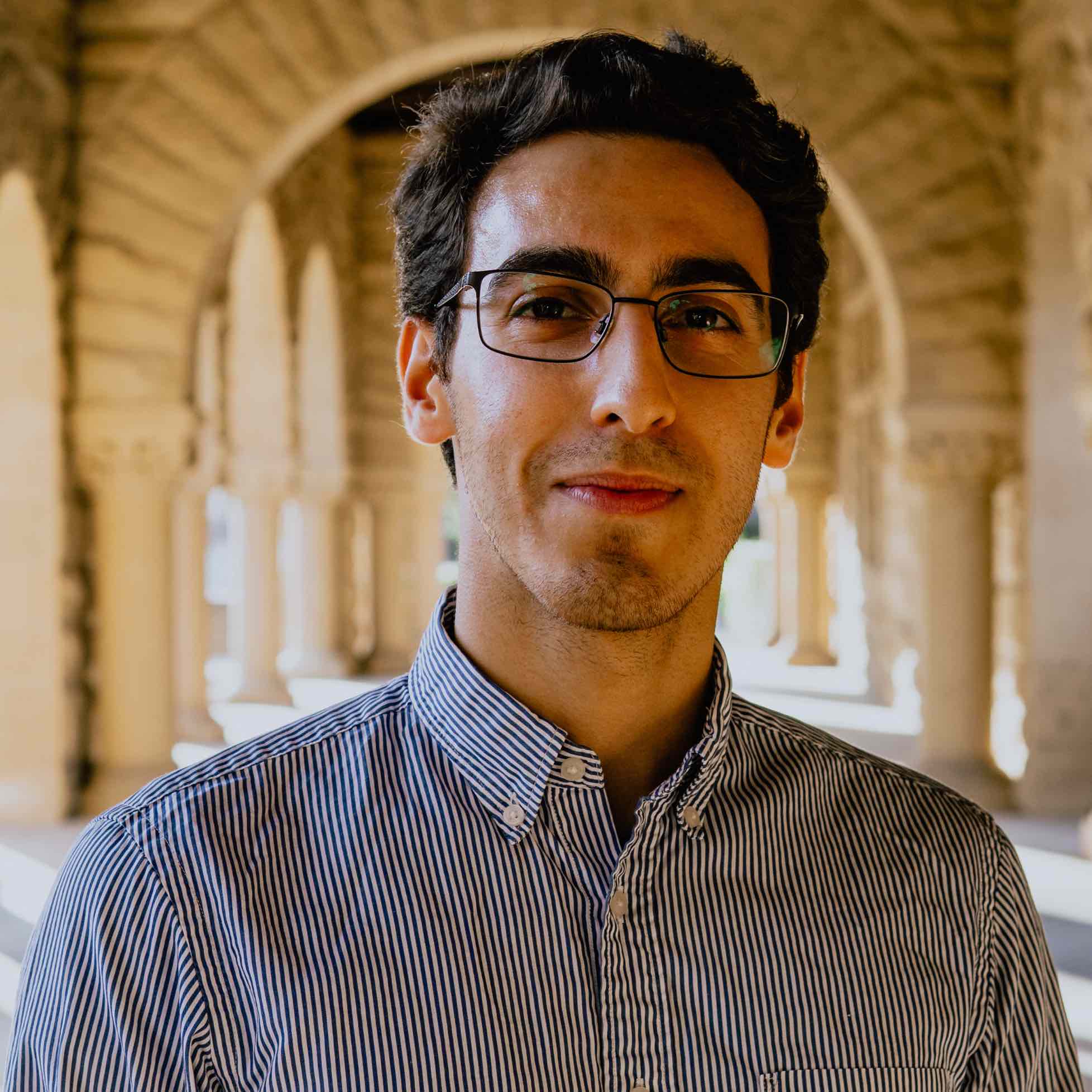
Meelad Amouzgar
PhD Candidate, Computational and Systems Immunology, Stanford University
M.S. Bioinformatics, University of San Francisco
B.S. Biochemistry and Molecular Biology, University of California, Davis
amouzgar AT stanford.edu
Interested in using trajectory inference to better understand cell fate decisions.
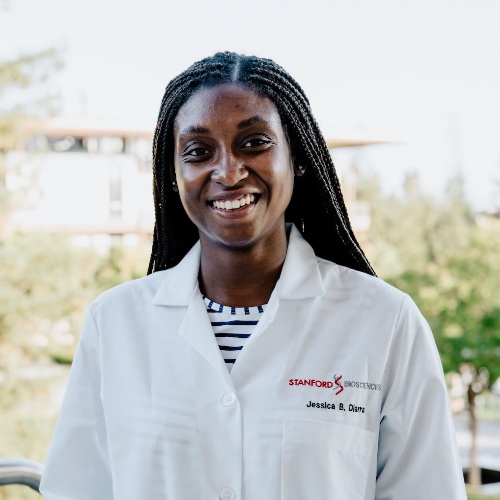
Jessica Diarra
PhD Candidate, Immunology, Stanford University
REACH Biosciences PhD Fellowship
American Society of Hematology Minority Hematology Graduate Award
Co-advised by Everett Meyer
B.S. Cell and Molecular Biology, University of Toronto
jdiarra AT stanford.edu
I study the stability and function of regulatory T cells in the bone marrow microenvironment using CyTOF and MIBI, comparing healthy and diseased states to improve immunotherapy strategies.
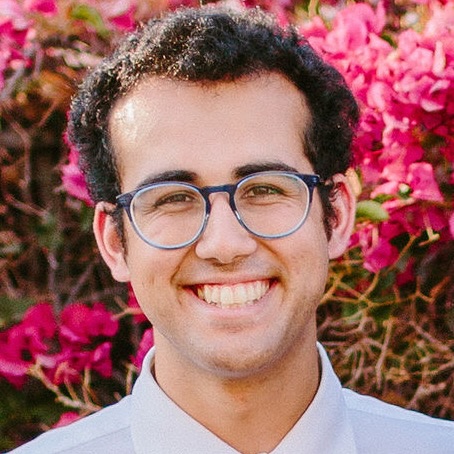
Humza Khan
MD-PhD Student in Immunology, Stanford University
B.S. in Microbiology, Immunology, and Molecular Genetics, University of California, Los Angeles
humzak AT stanford.edu
I'm interested in how regional anatomical variation influences the immune dynamics of human lymph nodes, at a healthy immunological baseline and in disease states.

Dmitry Tebaykin
Research data analyst
Combined major in Computer Science and Biology (UBC, Canada) and Master of Science in Bioinformatics (UBC, Canada).
tebaykin AT stanford.edu
Data analysis of single cell MIBI and CyTOF data collected within the lab and by our collaborators with the primary focus on human brain data. Computational software and hardware support.
Alumni
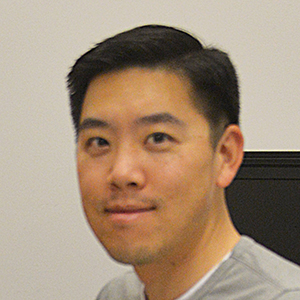
Albert G. Tsai, MD, PhD
Former postdoctoral fellow, Bendall Laboratory
Assistant Professor, Pathology, Stanford University
Former fellow, Damon Runyon Cancer Research Foundation
Diplomate, Hematopathology, American Board of Pathology
Diplomate, Anatomic and Clinical Pathology, American Board of Pathology
Fellowship, Hematopathology, Stanford University
Residency, Anatomic and Clinical Pathology, Stanford University
M.D., University of Southern California
Ph.D., Biochemistry, University of Southern California
B.S., Biochemistry, University of California, Los Angeles
agt AT stanford.edu
My current research focus is in diagnostic uses and implementation of mass immunophenotyping (mass cytometry and multiplexed ion beam imaging), particularly for blood diseases. This includes biomarker development, protocol optimization, quality control, and reducing costs using computational analysis with potential automation through artificial intelligence/machine learning. Combining diagnostic practice with knowledge of clinical laboratory testing, access to primary patient samples, and postdoctoral work in mass immunophenotyping, I seek to advance the routine diagnosis of hematopoietic diseases using these emerging technologies.
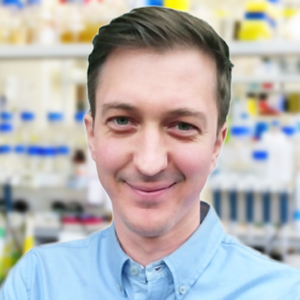
Felix J. Hartmann, PhD
Former postdoctoral fellow, Bendall Laboratory
EMBO Long-Term Fellow
SNF Early Postdoc Fellow
Novartis Foundation Fellow
Ph.D., University of Zurich/ETH Zurich, Zurich, Switzerland
M.Sc., University of Heidelberg, Heidelberg, Germany
B.Sc., University of Heidelberg, Heidelberg, Germany
hartmanf AT stanford.edu
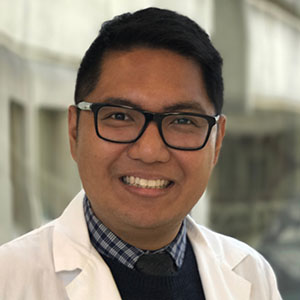
John-Paul Oliveria, PhD
Former postdoctoral fellow, Bendall Laboratory
Adjunct Faculty, Medicine, McMaster University
Canadian Institute of Health Research (CIHR) Fellow
B.Sc., Biology, Specialized in Genetics, McMaster University
Ph.D., Medical Sciences, Specialized in Physiology and Pharmacology, McMaster University
oliveria AT stanford.edu
Worked on unraveling the mechanisms of Alzheimer's disease progression and resilience utilizing mass cytometry (CyTOF) and high-dimensional imaging (multiplexed ion beam imaging - MIBI-TOF).
Previously worked on evaluating the role of immune cells in allergic pathogenesis (IgE+ B cells, regulatory B cells or Bregs, basophils, type 2 innate lymphoid cells, eosinophils).
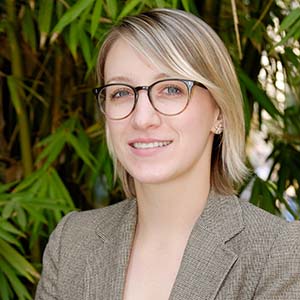
Dunja Mrdjen, PhD
Postdoctoral fellow, Pathology, Stanford University
Swiss National Science Foundation Early Postdoc Mobility Fellowship
PhD in Immunology from University of Zurich, Switzerland
MSc in Clinical Science & Immunology, University of Cape Town, South Africa
BSc (Hons) in Medical Biochemistry, University of Cape Town, South Africa
BSc in Molecular & Cell Biology, University of Cape Town, South Africa
mrdjend AT stanford.edu
I am working together with the Montine Lab to build predictive models for Alzheimer’s disease progression from genetically and pathologically highly characterized cohorts of human brain autopsy samples using Multiplexed Ion Beam Imaging (MIBI) and by implementing deep-learning for image analysis of cellular and sub-cellular targets in the brain. Integrating multi-platform and cross-species antibody panels, I also aim to leverage MIBI and CyTOF mass cytometry across human and model organism tissue to unravel microglial granularity in neurodegenerative diseases.
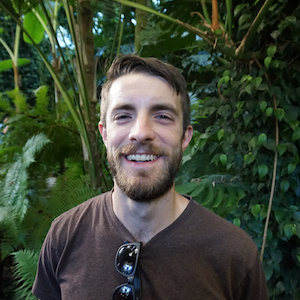
David Glass, PhD
PhD Graduate, Bendall Laboratory
PhD, Computational and Systems Immunology, Stanford University
Bio-X Stanford Interdisciplinary Graduate Fellowship
B.Sc., University of Texas at Austin
B.Mus., Texas State University
drglass AT stanford.edu
Aimed to comprehensively characterize B cells in health and disease through the application of multi-omic single cell technologies. I am also developing new computational methods to analyze single cell datasets with applications in hematopoietic cancer diagnostics as well as basic research.
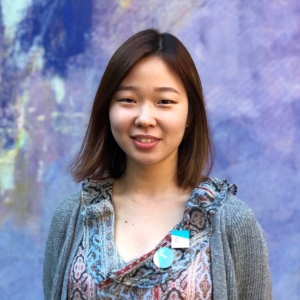
YeEun Kim, PhD
PhD Graduate, Computational Systems Immunology, Stanford University
Baker International Fellowship
Co-advised by William Greenleaf
B.S., Seoul National University
yeeunkim AT stanford.edu
I study the lymphoid lineage specification in human hematopoiesis, especially T cell lineage specification in human bone marrow. I am interested in how epigenetic landscapes of the early hematopoietic progenitors control their specification and development.

Nora Vivanco Gonzalez, PhD
PhD Graduate, Bendall Laboratory
PhD, Immunology, Stanford University
Blavatnik Family Fellowship
B.Sc., The University of Chicago
nvivanco AT stanford.edu
I use single-cell mass cytometry to study the extensive immunological adaptations of the maternal immune system during pregnancy using a mouse model.
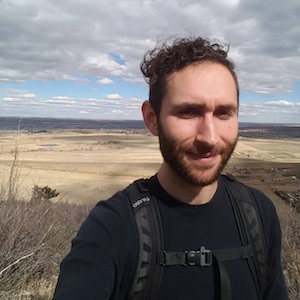
Geoff Ivison, PhD
PhD Graduate, Bendall Laboratory
PhD, Computational and Systems Immunology, Stanford University
B.A., Hampshire College
givison AT stanford.edu
Interested in understanding the mechanisms Natural Killer (NK) cells use to integrate the signals received by their panoply of activating and inhibitory receptors, as well as how and why different NK cell populations respond differently to the same stimuli. To address these questions, I am using CyTOF to look at NK cell phosphosignaling in response to a variety of stimuli.
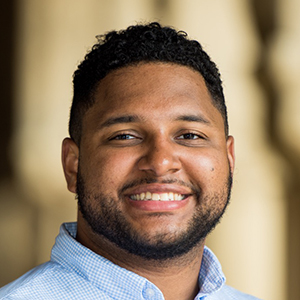
Ariel Calderon, PhD
PhD Graduate, Bendall Laboratory
PhD, Immunology, Stanford University
GRFP Fellow, National Science Foundation
DARE Fellow, Stanford University
B.A., Biology, Hunter College at The City University of New York
acalder AT stanford.edu
Focused on the deep phenotypic characterization of human NK cell development using CyTOF to classify human hematopoietic precursor cells through both surface markers, transcriptional markers and regulatory enzymes. My other interests lie in normal vs aberrant hematopoiesis and high dimensional data analysis.
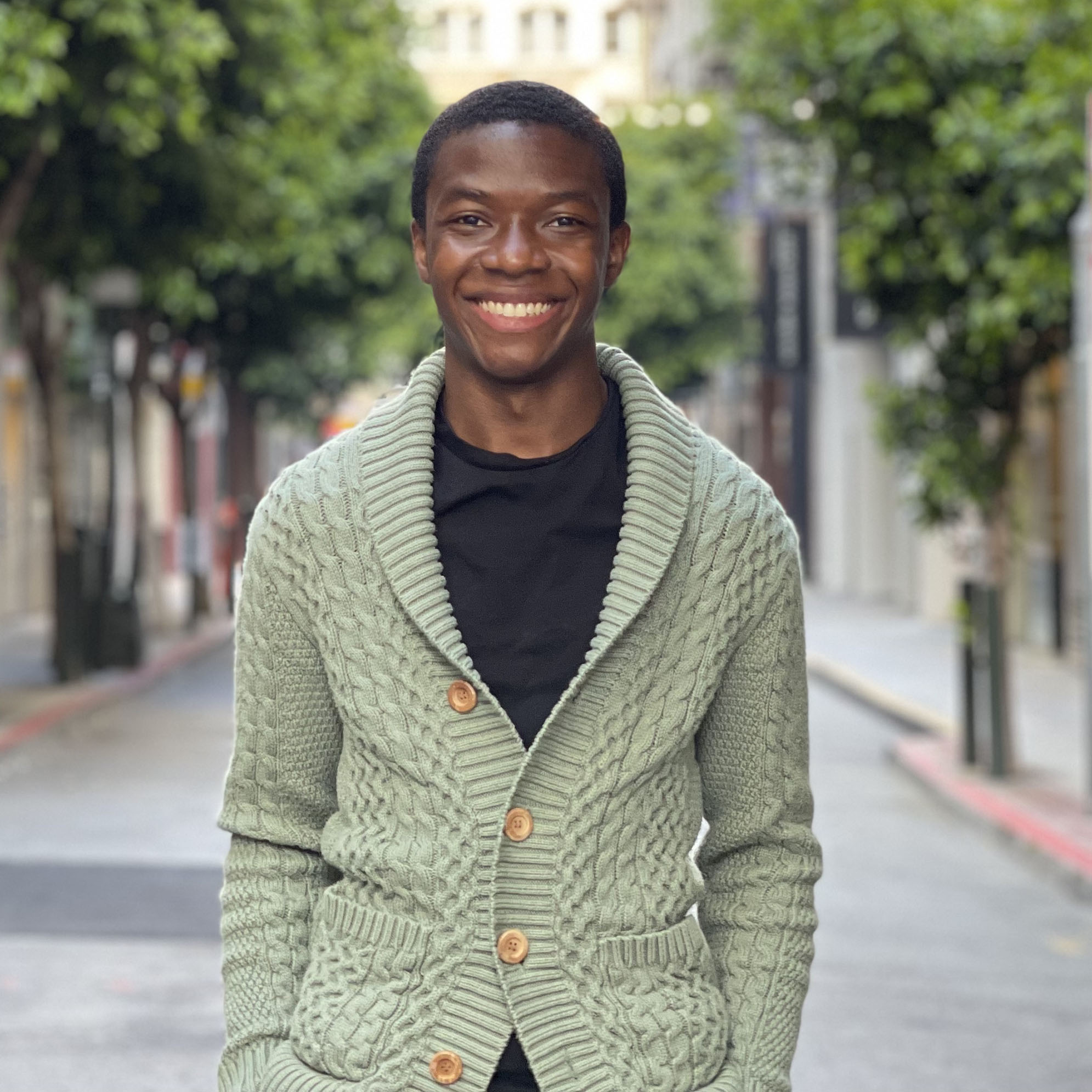
Warren Reynolds
PhD Candidate, Immunology, Stanford University
B.S. Biochemistry, Miami University (OH)
warren.reynolds AT stanford.edu
I study the effects transcription factors have on gene regulation in human blood development.